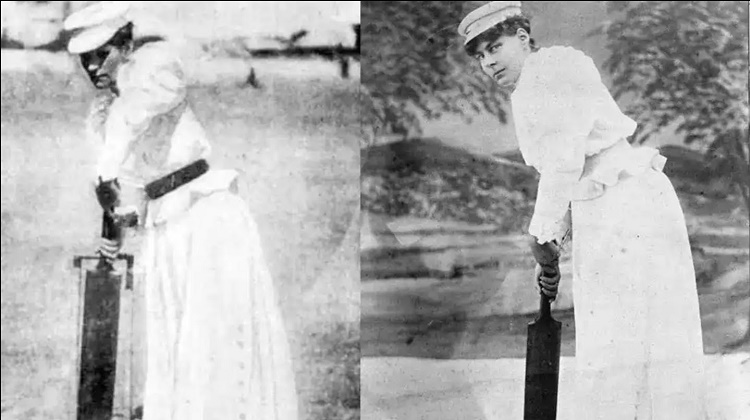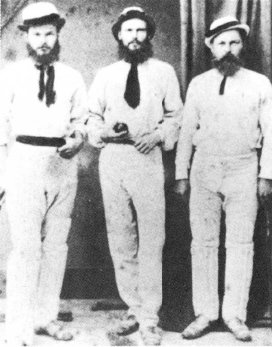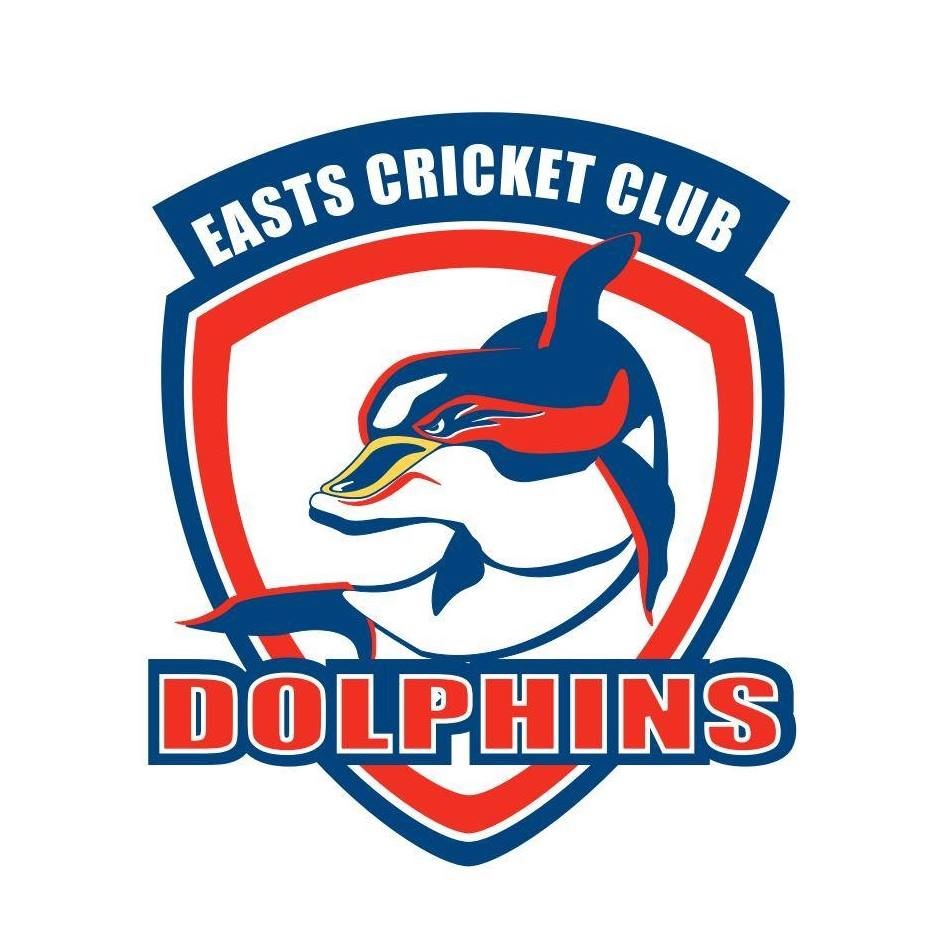The Gregory Family - Cricket's First Dynasty
Eastern Suburbs Cricket Club Sydney | February 02, 2024

By Dennis Hourn
On 15th September 1813 thirty-eight-year-old Henrietta Gregory was found guilty in the Old Bailey of forging a one-pound note and was sentenced to transportation and 14 years servitude in the colony. She was just one of 162,000 so dispatched. However, this sentence and subsequent transportation, routine at the time, was to change the course of both Australian men’s and women’s cricket because accompanying Henrietta was her nine-year-old son Edward William Gregory.
Edward William, reported to be somewhat of a cricket tragic, was to marry Mary Ann Smith in 1832 and they had six children, two of whom, Dave, born 15 April 1845 and Ned, 29 May 1839, were to become pioneers of Australian cricket.
Dave Gregory captained Australia in the first-ever test, against England, at Melbourne on 1877. His brother Ned also played in this match and the brothers were to establish a sporting dynasty arguably without parallel in the annals of Australian sport. In Australia’s first 30 years of international cricket Gregory’s were represented in 78 fixtures and the Gregory’s not only dominated in cricket but also in rugby, football, 14 footers sailing and athletics.
Eastern Suburbs (Waverley) Cricket Club was to particularly benefit from the contribution of the Gregory family. Six Gregory family members were to play for the club. Syd and Charles Gregory, Ned’s sons, were star performers and part of the club’s first premiership side. Syd Gregory still holds the record for the highest individual score in first grade for the club.

Charles, Dave and Ned Gregory
Easts Cricket has had many sporting families. The Fingleton’s, in particular, come to mind as well as the Alterator’s, the Butler's, the Hourn’s but none have been more important or influential than Australia cricket’s first cricketing family, the Gregory’s.
The Gregory’s were born into cricket. Ned Gregory, the patriarch, was the first curator in residence at the Sydney Cricket Ground. As well as his two sons, Ned had four daughters, Loise, Nellie, Gertrude and Alice. They were all born at the Sydney Cricket Ground.
The Gregory sisters, like their father and brothers, were cricket fanatics and they had a great backyard in which to hone their skills - the SCG. So it was no surprise Nellie and Louisa were pivotal in the establishment of women's cricket in the Colony. At a time when women's cricket was frowned on by some sections of the sporting public and the media, the Gregory sisters formed competitive teams, coached and generally can be considered the founders of Australian women's cricket.
Nellie organised the first-ever genuine women’s cricket match in NSW which took place in March 1886 at, where else, but her backyard, the SCG. The reaction to this fixture was divided, to say the least. It was not cricket it was argued. And it didn’t help women had to play in restrictive street attire, something which Nellie was to change in later years as a cricket administrator. One report in the Evening Star after this first game in a rather patronising editorial on “Unsafe Games for Women” warned, “this game, as a means of exercise for women, warns of risks resulting from the blow of a cricket ball on the mammary glands and its possible consequences”.
But even their most trenchant critics admitted Nellie was “was an accomplished allrounder, an excellent bat, first-class field and shrewd captain”. Furthermore, the Gregory’s would be an “acquisition to club cricket”. The Gregory sisters stuck to their guns and continued to organise women's cricket and the game flourished.
The Gregory sisters were also great supporters of their brothers and were regular attendees at Waverley Oval after their brothers joined the club in 1900. Easts cricket and Australian women's cricket owe a lot to the Gregory sisters.
In the tradition of the Gregory sisters, the Eastern Suburbs (Waverley) Cricket Club continue to be proud supporters of women’s cricket and has a thriving program where more than 50 girls attend coaching classes weekly, compete in a competition and have access to career paths for higher honours.








